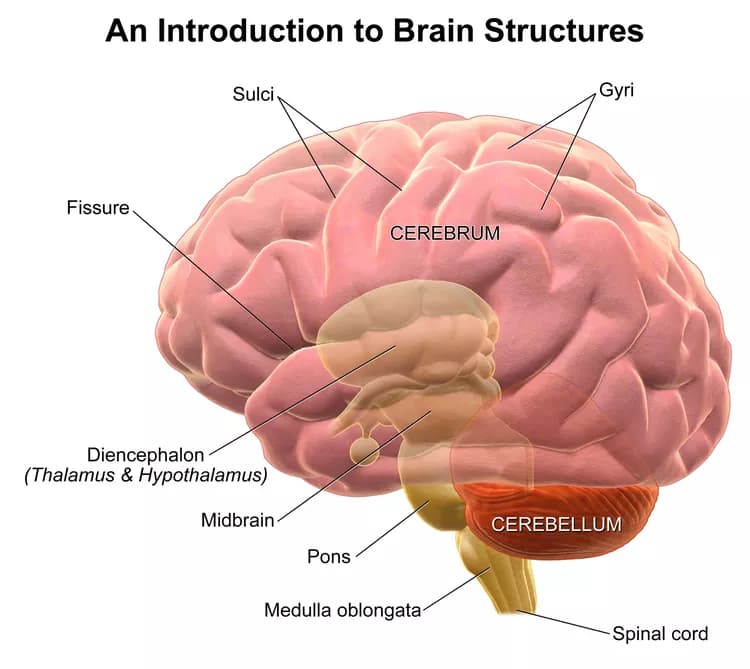
Interruptions To Rehab Are Common After Stroke Or Brain Injury, But Many Are Preventable
Patients in inpatient rehabilitation after a stroke, brain injury, or spinal cord injury have significant rates of interruptions of their rehab program -- often including being transferred back to the hospital for treatment of complications, reports a study in theAmerican Journal of Physical Medicine & Rehabilitation, the official journal of the Association of Academic Physiatrists. The journal is published by Wolters Kluwer.
But at least ten percent of these interruptions and transfers are potentially preventable, suggesting opportunities to improve patient outcomes while lowering the costs of care, according to the new research by Addie Middleton, PhD, DPT and colleagues of University of Texas Medical Branch, Galveston.
Study Shows 'Room for Improvement' in Rehab Care for Neurological Conditions
The researchers analyzed Medicare data on patients undergoing inpatient rehabilitation for one of three neurological conditions: about 72,000 patients with stroke, 7,100 with traumatic brain injury, and 660 with spinal cord injury (SCI). All were admitted to rehab directly from the hospital.
The analysis focused on two types of issues indicating that the patient's rehab program wasn't completed as planned: program interruptions, defined as being transferred to another facility, then back to the rehab center within three days; and short-stay transfers, defined as being transferred to a hospital or other facility before the expected length of stay at the rehab center. "Program interruptions and short-stay transfers are undesirable outcomes that may impact patient recovery and healthcare expenditures," according to the authors.
The results showed that program interruptions occurred in about one percent of patients: 0.9 percent of those with stroke, 0.8 percent with brain injury, and 1.4 percent with SCI. In nearly all of these cases, the patient was transferred to an acute care hospital, usually because of some type of complication.
Short-stay transfers occurred in about 22 percent of patients with stroke or brain injury, and nearly 32 percent of those with SCI. About one-third of these patients were also transferred back to acute-care hospitals. (Others were transferred to skilled nursing facilities.)
Based on review, the researchers classified some of these events as "potentially preventable." Across groups, about 11 to 12 percent of program interruptions might have been preventable. Of the short-term transfers, about 15 percent were potentially preventable in the patients with stroke, ten percent with brain injury, and four percent with SCI. Preventable causes of short-term transfers included problems like dehydration, heart failure, pneumonia, and urinary tract infections.
Inpatient rehabilitation is a common focus of policy reforms seeking to improve quality while reducing the costs of healthcare. The new study is one of the first to focus on the impact of program interruptions and short-stay transfers in patients with stroke, brain injury, or SCI.
The results suggest that "Inpatient rehabilitation facilities are performing well in preventing complications," Dr. Middleton and coauthors write. "However," they add, "given that more than one in ten of the rehospitalized patients returned to acute care for a potentially avoidable condition, there is still room for improvement."
The researchers believe that potentially preventable rehospitalizations are a "clear target" for efforts to improve the quality of rehabilitation care. Future studies may identify modifiable risk factors that could be targeted for preventive efforts. Dr. Middleton and colleagues conclude, "Reducing rates of program interruptions and short-stay transfers will not just improve patient experiences of care, they will likely also translate to lower Medicare spending per beneficiary."
Materials provided by Wolters Kluwer Health: Lippincott Williams and Wilkins. Note: Content may be edited for style and length.
Disclaimer: DoveMed is not responsible for the adapted accuracy of news releases posted to DoveMed by contributing universities and institutions.
Primary Resource:
Middleton, A., Graham, J. E., Krishnan, S., & Ottenbacher, K. J. (2016). Program Interruptions and Short-Stay Transfers Represent Potential Targets for Inpatient Rehabilitation Care-Improvement Efforts. American Journal of Physical Medicine & Rehabilitation.
Related Articles
Test Your Knowledge
Asked by users
Related Centers
Related Specialties
Related Physicians
Related Procedures
Related Resources
Join DoveHubs
and connect with fellow professionals

0 Comments
Please log in to post a comment.